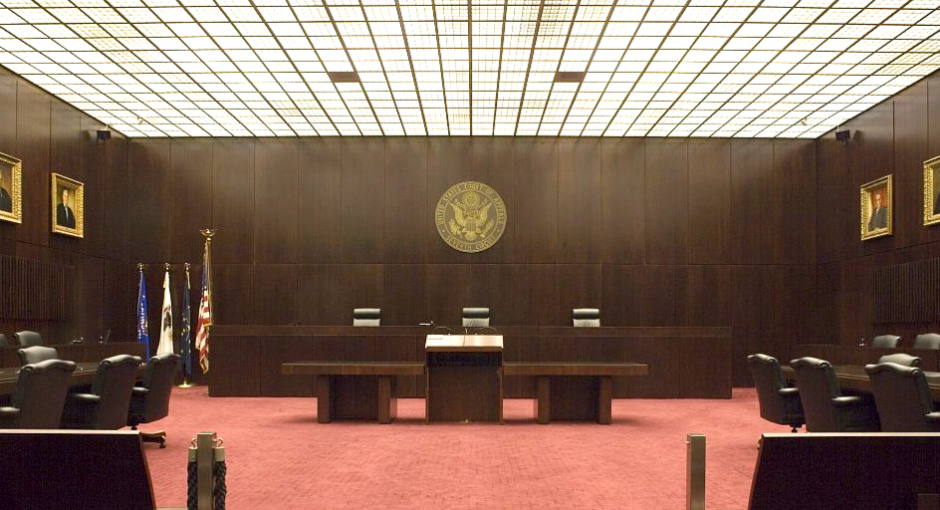Drug manufacturer Lilly and the federal government disagree over whether a federal district judge’s recent decision in Lilly’s 340B contract pharmacy case is ripe for review.
Last month, the U.S. Seventh Circuit Court of Appeals questioned whether U.S. Senior District Judge Sarah Evans Barker of the Southern District of Indiana issued a final judgement on Oct. 29 in Lilly’s case against the federal government that is appealable. The court said that under its precedents, a lower court ruling that fails to separately declare the rights of the parties “may not be a final appealable judgment…or at the very least may not be ready for appellate review.”
Barker held in the government’s favor that the U.S. Health Resources and Services Administration’s (HRSA) May 17 letter determining that Lilly has broken the law “neither exceeds the agency’s statutory authority nor is contrary to law.” She also said “the fairest and most reasonable interpretation of the 340B statute” would not let manufacturers unilaterally restrict drug distribution in ways that frustrate 340B’s purpose.
Baker, however, set aside and vacated the government’s violation letter on the grounds that HRSA did not acknowledge or explain its change in position regarding its ability to enforce contract pharmacy arrangements. She sent the letter back to HRSA “for further consideration/action consistent with” her decision.
Lilly appealed Barker’s decision on Nov. 10. On Nov. 16, the Seventh Circuit Court gave the two sides until Nov. 30 to file memos on whether the appeal could move forward.
Lilly in its memo pointed out that Barker specifically wrote that her partial final judgement would let the parties “decide whether to seek expedited appellate review of these issues.”
Lilly also argued that the appeals court clearly has jurisdiction “given that the judgment denied or granted the relevant claims in full…. Simply put, nothing about Lilly’s challenges to the [HRSA’s May 17 violation letter] remains pending in district court.”
Lilly said whether it prevails “on some, all, or none of its challenges” in its lawsuit to the 340B program administrative dispute resolution system “will have no impact on the resolution of any of its claims on appeal.” Earlier in the case, Baker issued a preliminary injunction protecting Lilly from ADR proceeding, saying she most likely would ultimately rule that the rule establishing the ADR system was procedurally defective. Baker, however, has held off on issuing a final judgement on that matter.
The federal government in its memo said, “it may be appropriate to remand this appeal for the limited purpose of allowing the district court to clarify its judgment to specifically declare the parties’ rights.”
The government agreed with Lilly that Barker intended “to allow for an appeal on the claims it had adjudicated,” and was clear about the remedies she ordered. But her partial final judgement “does not separately declare the respective rights of the parties.”
The government said the Seventh Circuit Court could appropriately send the case back to Barker to enter a judgement “that declares the parties’ rights consistent with “her opinion in the case.


